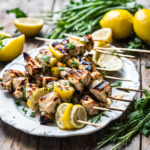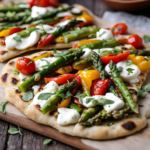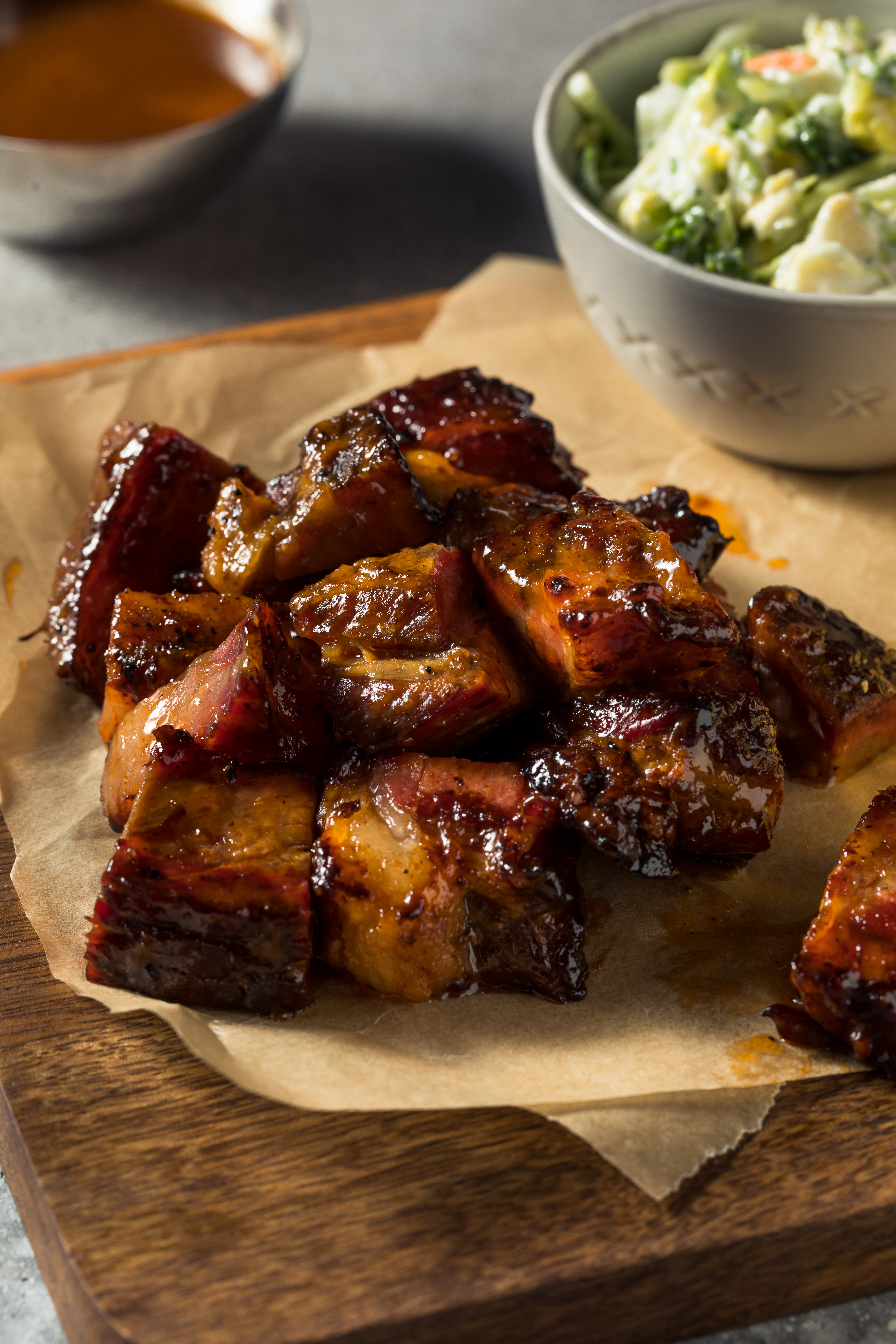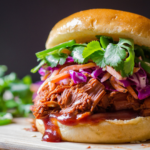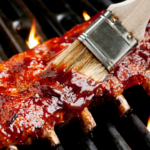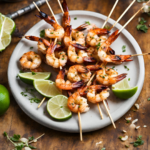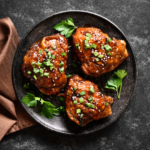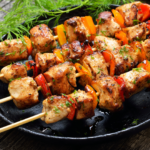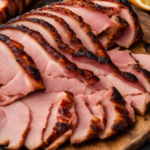When it comes to grilling, two popular options dominate the market: charcoal and propane. Both have their dedicated fan bases, each with its unique benefits and drawbacks. In this article, we will delve into the differences between charcoal and propane grilling, highlighting the advantages and disadvantages of each fuel type. Whether you’re a seasoned grill master or a beginner, understanding these factors will help you make an informed choice for your next outdoor cooking adventure.
Charcoal Grilling
Charcoal grilling has been around for centuries and is beloved for its smoky flavors and traditional appeal. Here are the key aspects to consider when it comes to charcoal grilling.
- Flavor: One of the main attractions of charcoal grilling is the distinct smoky flavor it imparts to food. The charcoal briquettes or lump charcoal burn at a higher temperature, creating a unique taste that many barbecue enthusiasts prefer.
- Versatility: Charcoal grills offer versatility in terms of cooking techniques. By adjusting the placement of the charcoal, you can create zones of direct and indirect heat, allowing for various cooking methods like searing, smoking, and slow cooking.
- Portability: Charcoal grills are generally lighter and more portable compared to propane grills. They are an excellent choice for camping trips, picnics, and tailgating events where you can enjoy the smoky flavors on the go.
- Cost: Charcoal grills are often more affordable than propane grills, making them accessible to a wider range of budgets. Additionally, charcoal itself is relatively inexpensive, especially if you opt for briquettes.
However, there are some drawbacks to charcoal grilling as well.
- Longer Preheat Time: Charcoal grills take more time to reach the desired cooking temperature compared to propane grills. Preparing and lighting the charcoal can be a time-consuming process, requiring patience and skill.
- Cleanup: Ashes and residual charcoal debris require regular cleaning after each grilling session. This can be messy and may require disposal precautions.
Propane Grilling
Propane grills, fueled by liquid propane gas, have gained popularity due to their convenience and ease of use. Here are the key factors to consider when it comes to propane grilling.
- Quick Start-up: Propane grills offer rapid and convenient start-up times. With the simple twist of a knob and the push of a button, you can have your grill ready to cook in minutes.
- Temperature Control: Propane grills provide precise temperature control, allowing you to adjust the heat levels quickly and efficiently. This makes them suitable for a wide range of cooking styles, including high-heat searing and low-temperature smoking.
- Cleanliness: Propane grills produce minimal ash and residue, making cleanup a breeze. They do not leave behind charcoal debris, reducing the time spent on post-cooking maintenance.
- Convenience: Propane grills typically feature larger cooking areas and additional accessories such as side burners and rotisseries, providing added convenience and versatility for grilling enthusiasts.
However, propane grilling has a few downsides.
- Flavor Differences: While propane grills deliver consistent and reliable heat, some argue that they lack the distinctive smoky flavor associated with charcoal grilling. This aspect might be a deciding factor for those seeking the traditional taste.
- Portability and Dependency: Propane grills rely on a fuel tank, which can be cumbersome to transport and may require refills or replacements when the tank runs out. This factor might limit their use in certain outdoor settings.
When it comes to choosing between charcoal and propane grilling, it ultimately boils down to personal preference.

